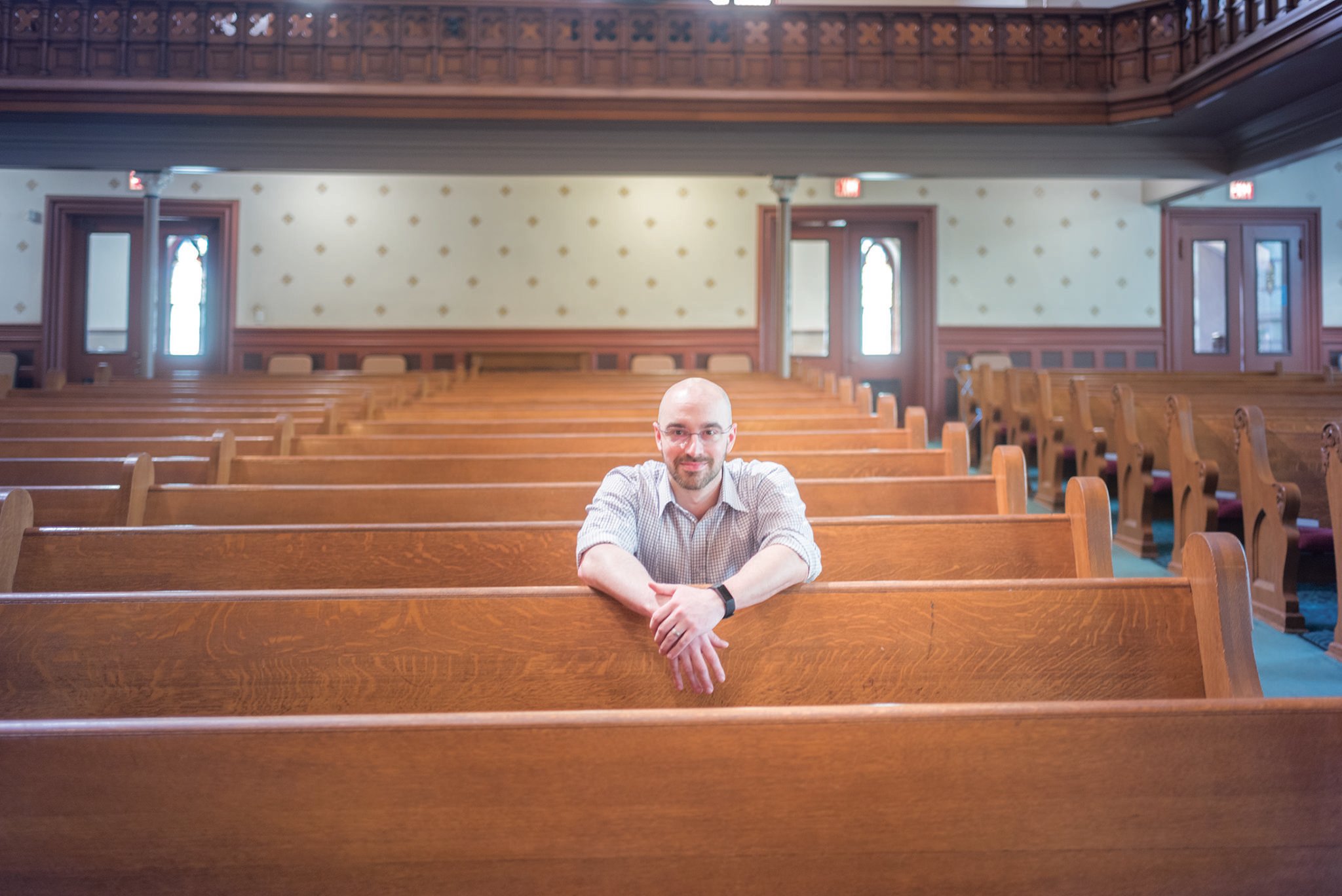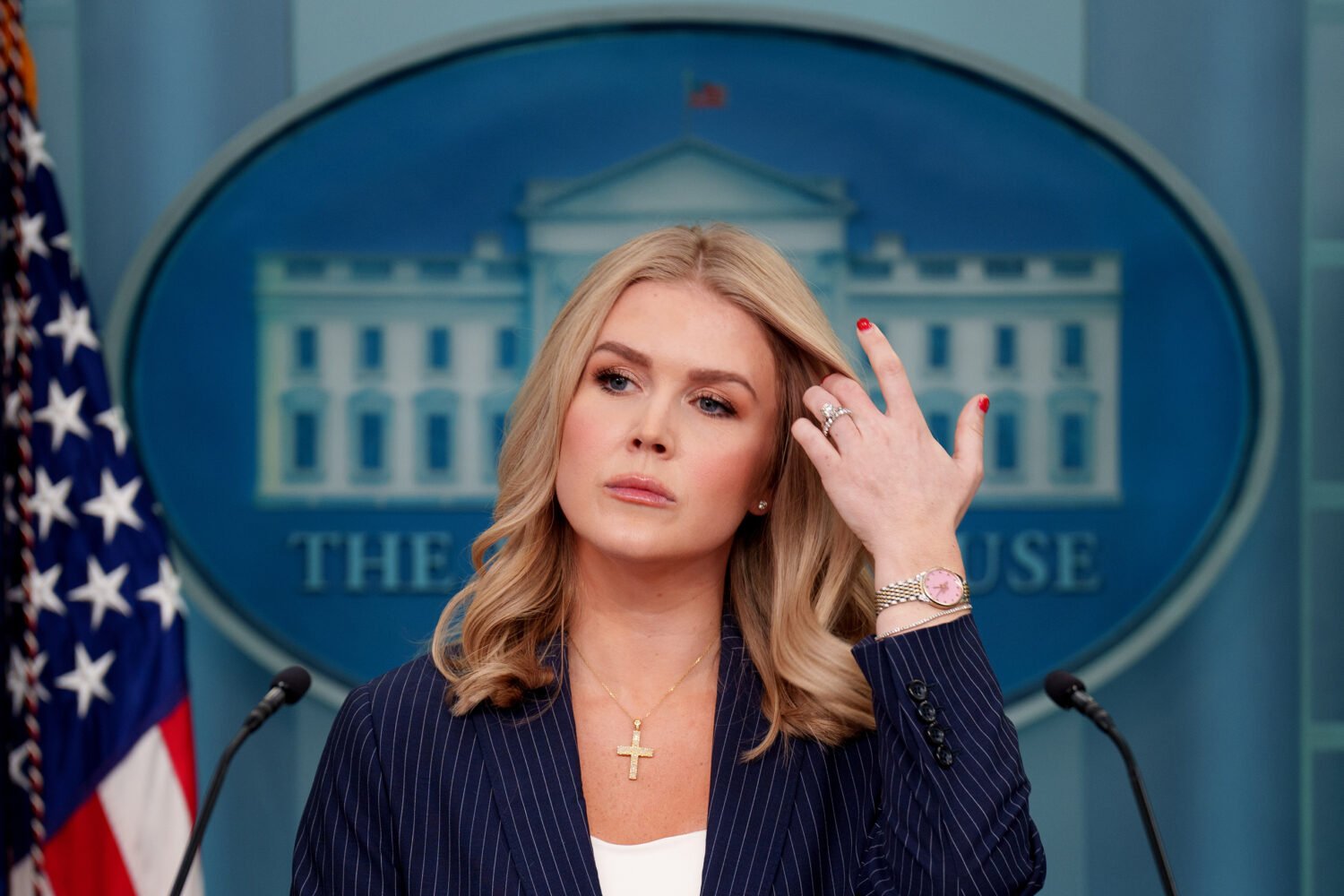Recently, Rick Barry was presiding over an audience of a few dozen DC churchgoers, bracing them for the two hours they were about to experience together. “It’s going to be okay,” he told the group. “You’re going to walk out of here without broken relationships with the people next to you, no matter where you fall on the political spectrum. I swear. I promise.”
If that all sounds a tad dramatic, just consider what Barry was attempting: to get Republicans and Democrats to talk frankly with one other about politics—and in the context of their religion.
Barry runs the Center for Christian Civics, a Washington nonprofit that has come to see the country’s political debate not simply as polarized or vitriolic but as un-Christian. Watching the debates over the Affordable Care Act in 2010—death panels, screaming matches, “You lie!”—helped convince Barry that Christian leaders were using their spiritual capital to heat up the debate rather than cool it down. That’s why Barry, a liberal, launched Christian Civics with a bipartisan bunch of like-minded evangelicals.
The group’s most intriguing project is an intervention workshop for churches riven by political disputes. So far, almost a dozen—in locations as disparate as Boston, Indiana, Virginia, and New Jersey—have sought help. “Ad hominem attacks that break out in too many congregations lead people to have hurt feelings or lose relationships,” says Nathan Leamer, a Republican FCC staffer who is on the board of Christian Civics. “I do that all the time in the political world. Church should be a little different.”
This particular afternoon in Washington, Barry was leading one such workshop at the organization’s office in Eastern Market. The segment included Bible passages from Galatians, James, and Ephesians. “The direct commandment Jesus gave most was ‘Don’t be afraid,’ ” Barry said. “One of the most radically countercultural things we can do is to be dogged and diligent about reminding one another that we need not be afraid of people who don’t look the way we do, or of an insurgent group in our party.”
Barry is scheduled to hold workshops for churches in Texas and Colorado, likely with more to come. His hope is that younger generations will be more willing to slough off culture-war baggage. “What you’re seeing,” he says, “is an increasing skepticism of the models that were being offered for what being a Christian engaged in politics looks like.”
This article appears in the July 2019 issue of Washingtonian.


















